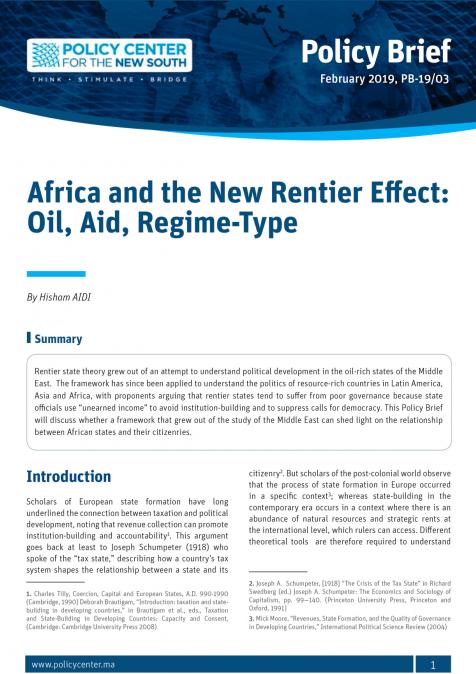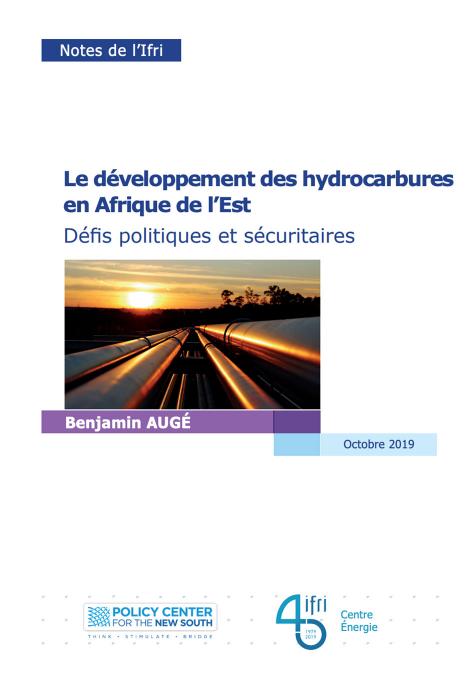Publications /
Policy Brief
Policy Brief
Africa and the New Rentier Effect: Oil, Aid, Regime-Type
February 11, 2019
Rentier state theory grew out of an attempt to understand political development in the oil-rich states of the Middle East. The framework has since been applied to understand the politics of resource-rich countries in Latin America, Asia and Africa, with proponents arguing that rentier states tend to suffer from poor governance because state officials use “unearned income” to avoid institution-building and to suppress calls for democracy. This Policy Brief will discuss whether a framework that grew out of the study of the Middle East can shed light on the relationship between African states and their citizenries.









